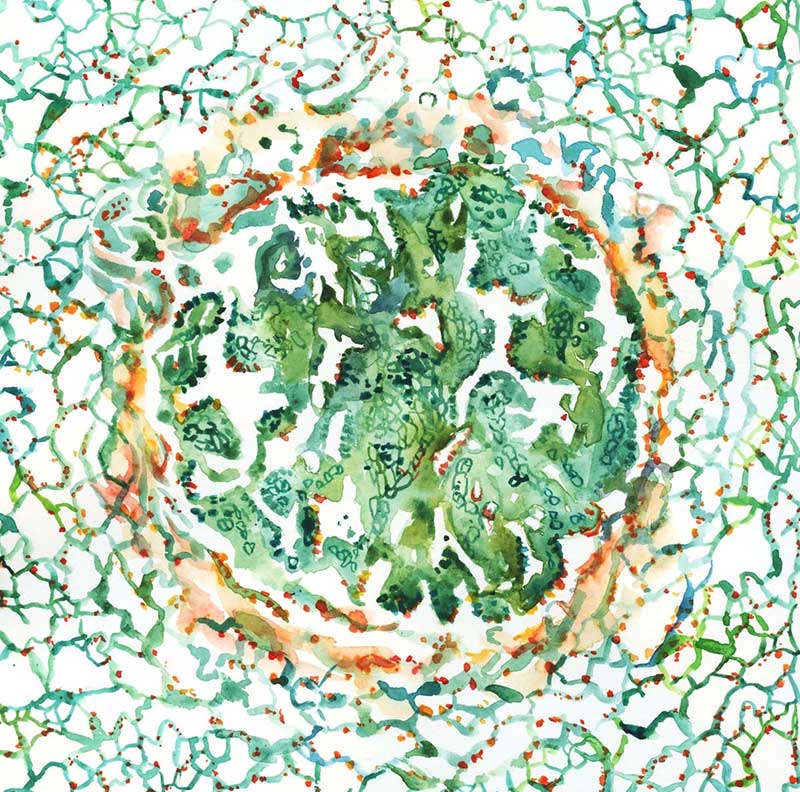
Cancer Management With Homeopathy
Melanoma of Skin
Prostate Cancer
Brain Tumor
Breast Cancer
Leukemia
Colorectal Cancer
Lung Cancer
Navigating the Complex Landscape of Cancer: A Homoeopathic Approach
Cancer, a word that echoes with profound gravity, is a disease that not only disrupts the life of the patient but also casts a ripple effect on their family. It represents the uncontrolled growth of abnormal cells, forming masses of tissue known as tumors. The impact of cancer is far-reaching, making it the second leading cause of death globally, trailing only behind heart disease. In this article, we explore the role of Homoeopathy in managing cancer and its distinctive approach to this formidable adversary.
Understanding the Cancer Landscape:
Cancer’s prevalence is staggering, with 1.665 million new cases diagnosed in 2014 alone. Lung cancer reigns as the most common and deadliest form, closely followed by breast cancer, which ranks as the second most prevalent worldwide. The disparity in cancer occurrence between more and less developed countries underscores the multifaceted nature of this disease.
Modifiable Risk Factors:
Research has identified nine modifiable risk factors contributing to more than one-third of global cancer cases. These include lifestyle elements such as smoking, alcohol consumption, obesity, physical inactivity, low fruit and vegetable intake, unsafe sex, air pollution, indoor smoke exposure, and contaminated injections.
The Trauma of Cancer Diagnosis:
The diagnosis of cancer is an earth-shattering event for patients, marking a traumatic and revolutionary moment in their lives. It alters their self-image and transforms how they are perceived by family and acquaintances. The journey with cancer extends beyond the physical ailment, affecting the individual’s entire being.
Homoeopathy’s Unique Perspective:
Contrary to conventional medicine’s local process view of cancer, Homoeopathy adopts a vitalistic approach. It perceives tumors as the end result of an underlying chronic state that precedes their appearance. Merely removing or destroying cancer cells does not eradicate the diseased condition, leading to the recurrence of tumors even after surgical and chemotherapeutic interventions.
Comprehensive Homoeopathic Treatment:
The mere removal or destruction of cancer cells would not eliminate the diseased condition which explains the recurrence of tumor even after surgical removal and chemotherapy.
Homoeopathy delves into the holistic study of the individual, considering constitution, family history, preferences, past diseases, and mental state. This comprehensive understanding is fundamental for achieving a permanent cure for cancer, as it addresses the root causes rather than focusing solely on the tumor.
Homoeopathy in Cancer Management:
Widely recognized as an alternative medicine, Homoeopathy plays a crucial role in managing cancer. It is often sought after surgery, radiotherapy, or chemotherapy has been administered. Homoeopathy offers remedies to mitigate the adverse effects of these treatments and manage cancer itself.
Studies have shown that homoeopathic medicines can have a beneficial effect on certain cancer lines through immune modulation. Homoeopathic treatment, when used as an adjunct, enhances the quality of life, survival time, and alleviates presenting complaints.
Homoeopathic literature boasts remedies for various types of cancer, ranging from breast cancer with hard lumps to bone cancer, scattered lipomas, and cancers with bleeding tendencies. It is increasingly being embraced for its potential to prevent cancer recurrence.
Homoeopathic literature has medicines for:
- Breast cancer with hard and stony lumps
- Scirrhus and uterine malignancies with burning
- To reduce cancer pains
- Bone cancer
- Scattered lipomas
- Ovarian and mammae cancer
- Mastitis and induration of breast
- Cancer with bleeding tendency
- Epithelial cancer
- To prevent recurrence of cancer
Conclusion:
Homoeopathy’s role in cancer management extends beyond palliative care, aiming for a curative approach that addresses the whole person. The effectiveness of Homoeopathy in improving the quality of life, extending survival time, and managing cancer symptoms underscores its valuable contribution to the multidimensional battle against cancer. At Dr. Shweta’s Homoeopathy, we harness the transformative power of Homoeopathy to provide holistic and individualized care for those navigating the complex landscape of cancer.
Homoeopathy is most common alternative medicine used to manage cancer. It is being used widely as palliative and curative in patients suffering from cancer. People with cancer approach homoeopathic doctor mostly when surgery, radiotherapy or chemotherapy has been done. Homoeopathy has medicines which can treat the bad-effects of radio and chemotherapy quite effectively. It can also manage cancer.
According to a study, it was found that homoeopathic medicines have beneficial effect on some cancer lines via immune modulation. Homoeopathic treatment given as an add on improves the quality of life, survival time and presenting complaints.
